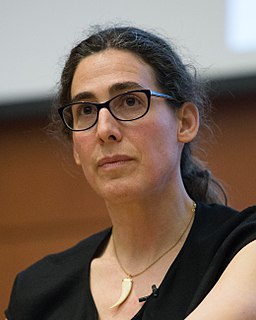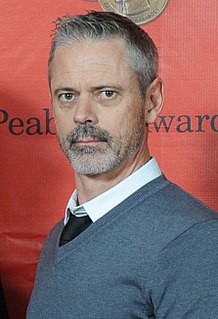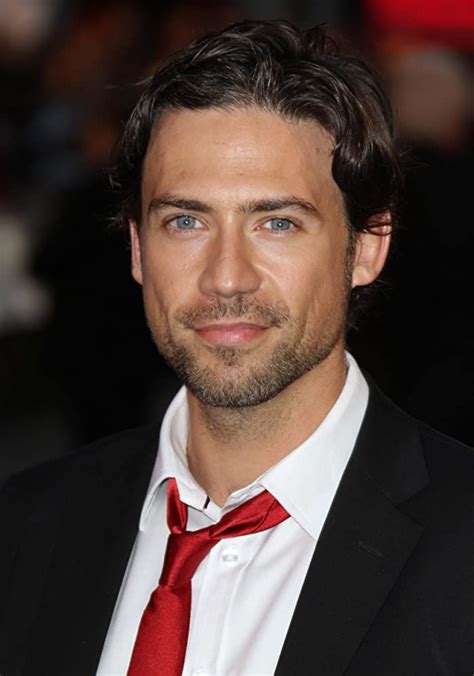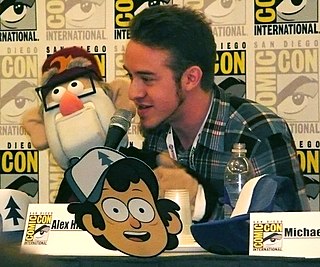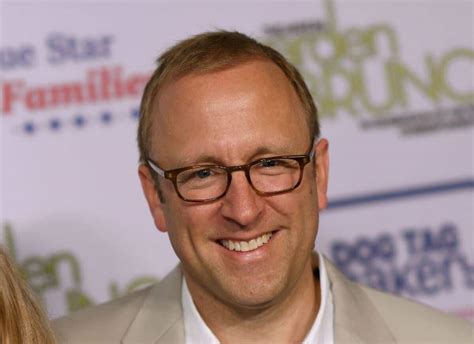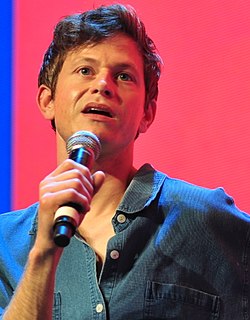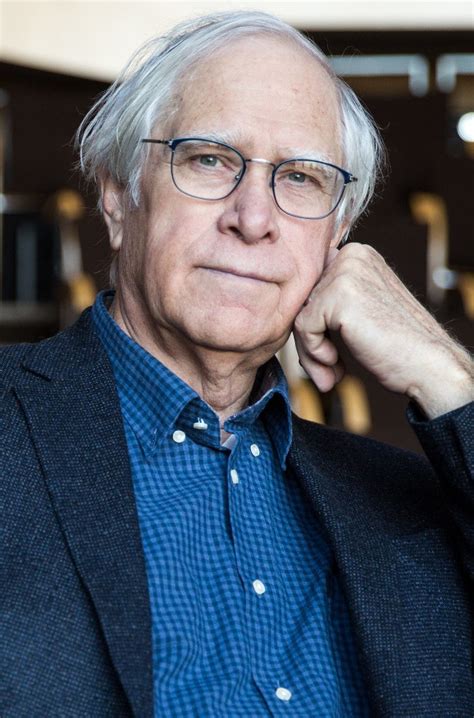A Quote by Sarah Koenig
I think that if journalists, reporters who spend a lot of time on a story, are honest with themselves, we all have feelings about our subjects - I mean, unless you're a robot.
Related Quotes
When an acting teacher tells a student 'that wasn't honest work' or 'that didn't seem real,' what does this mean? In life, we are rarely 'truthful' or 'honest' or 'real'. And characters in plays are almost never 'truthful' or 'honest' or 'real'. What exactly do teachers even mean by these words? A more useful question is: What is the story the actor was telling in their work? An actor is always telling a story. We all are telling stories, all the time. Story: that is what it is all about.
To be a good director, you have to spend a lot of time on actual sets, but today, there's a lot of people who spend a lot of time in dark rooms writing a script, and they'll go in and tell the story to some suit at a studio who says, 'Okay, this is great, let's go.' But that doesn't necessarily mean you know what to do once you're on set.
I know this is going to get me in trouble, but I'll say it: The whole notion that I am supposed to constantly tweet is ridiculous. There are a lot of journalists at the New York Times who tweet. I am not opposed to it. But I don't have enough time. And editors don't have much to say. My world consists of this office, this floor, my apartment and wonderful conversations with our reporters and correspondents - all of them know a lot more about the world than I do.
One thing that's a lot harder to put into stories than you'd think is the idea of a traditional monster, because monsters with a capital 'M' don't inherently lend themselves to a story about your character. Unless one of your characters is themselves the monster, simply having a monster leads to a chase or a hunt.
I'm very sensitive - I'll cry during every movie or commercial - but when it comes to my own feelings, I don't really think about them that much unless I'm making music. Otherwise, I'm either checked out or laughing because that's how I do regular stuff. I have a hard time talking about my feelings.
I think it's really tragic when people get serious about stuff. It's such an absurdity to take anything really seriously ... I make an honest attempt not to take anything seriously: I worked that attitude out about the time I was eighteen, I mean, what does it all mean when you get right down to it, what's the story here? Being alive is so weird.
I think men under pressure - I mean, that's what brings out the worst and the best of us. I like to explore that quite a bit in my characters because I don't see a lot of it on the screen that moved me like the films that I grew up with - that are honest, at least, about honest emotions and honest heroism.
